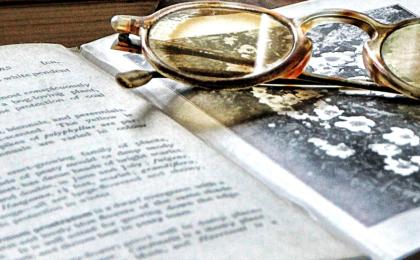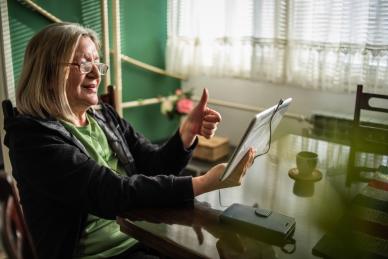
History: The English Renaissance
Course details
Course code
Q00017453Course date
Number of classes
11 sessionsTimetable
Tutor
Stephen SmithFee range
How you'll learn
Venue
OnlineLevel of study
Entry Levels 1,2,3: If you have never studied this subject before and you’re not confident in your skills, Entry levels are a good starting point.
Level 1: Covers basic skills and knowledge needed for this subject
Level 2: Building on basic knowledge or experience. Similar to Grade 4/ C at GCSE or O level in England or Standards in Scotland.
Level 3: Learn about the topic in-depth and have a broad range of skills. Independent working Equivalent to an A level in England or Higher in Scotland.
Beginners: A perfect introduction if you have no experience and skills in this subject.
Improvers: The next step if you have basic skills or knowledge but want to progress them further.
Advanced: Build on the solid experience and skills you have in this subject, applying your skills and knowledge in a more complex way.
Course overview
Course description
The era of the English Renaissance marks the transition from
the late Mediaeval period to the early Modern period. This
era is one of profound change, politically, socially,
economically and culturally.
We will explore why the Renaissance came late to Britain, and
how it imports Humanism. We will discover how the new
sciences and the Protestant Reformation are both products of
the Renaissance, and engines which drive further change
politically and culturally.
Within this period of flux, the English language itself was
evolving dramatically from Middle English towards the forms
of English still spoken today. We will account for this change,
and explore how these changes animate poets, playwrights
and prose writers. Our study of literary texts will open more
questions concerning cultural practices and beliefs in our era.
Indeed, we shall see how the English language itself becomes
contentious, involved in the development of propaganda in
news-sheets and pamphleteering. Both news-sheets and
pamphlets were illustrated with woodcuts, and we will
explore the iconography of such images.
Supporting our explorations and discoveries regarding the
English Renaissance, we will discuss the art of portrait
painting and its significance politically, and touch briefly upon
music in the period both in court, church and the broader
community.
A particular focus of the course will be the discovery of
women’s voices (poets and prose writers) demonstrating how
vital these voices are to a complete appreciation of the
English Renaissance.
-
What financial support is available?
-
We don't want anything to stand in your way when it comes to bringing Adult learning within reach so if you need anything to support you to achieve your goals then speak to one of our education experts during your enrolment journey. Most of our courses are government funded but if you don't qualify or need alternative financial help to access them then let us know.
-
What other support is available?
-
All of our digital content, teaching and learning activities and assessments are designed to be accessible so if you need any additional support you can discuss this with the education experts during your enrolment journey and we will do all we can to make sure you have optimal access.

